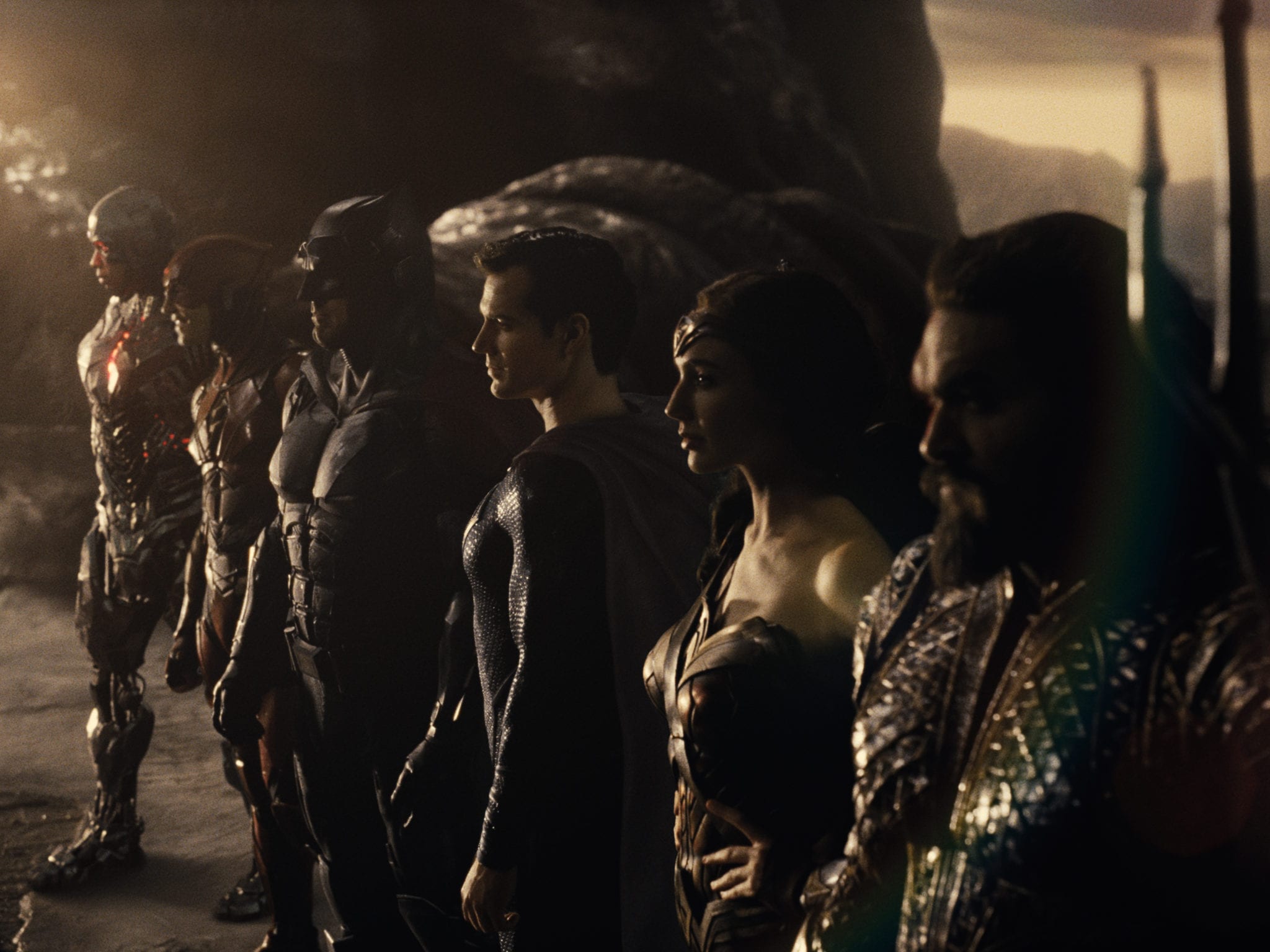
Zack Snyder’s Justice League: Reborn Film Finally Does Justice to the Franchise
You could forgive me if I doubted. After years of hearing about the mythological ?Snyder Cut?, there was simply no way that this film could meet expectations. After all, the original film was such a tepid piece of fodder that there was simply no way that a few tweaks or additional scenes could self-correct a…


